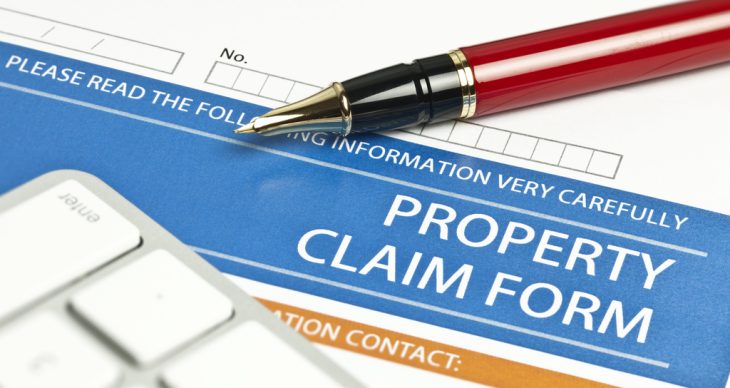Congratulations! You have learned where your unclaimed cash is and how much you are owed. Once you find your unclaimed money from deceased relatives or from other assets left unclaimed by you, the next step in the process is to file a claim to receive them.
The fact is, filing a claim is the only way to receive what is rightfully yours at this point in the process so it is important to follow several precise steps to claim what is yours.
First, it’s important to note that whether you are claiming unclaimed assets from a state government or the federal government, the unclaimed assets departments in both state and federal offices will likely require that you present a document with your notarized signature on it. This will almost always be a requirement when someone is claiming assets valued at $1,000 or more.
Unclaimed property of a physical nature such as gold, jewelry, artwork, antiques or other items might also require additional documentation for your claim to be approved in both state and federal unclaimed asset departments. Before submitting your claim, it might be a good idea to make certain to contact all applicable agencies that might have assets waiting to be claimed by you and then, to make a list of everything you will need to prove and present.
Once you know that you have possessions waiting to be claimed, you can start taking steps to claim them. The first step you may need to prepare for is proving your identity to the government agency that is holding onto your assets.
Proving your identity oftentimes requires presenting a current and valid photo-ID such as a state-issued driver’s license or identification card. A U.S. passport or other federal government ID are always acceptable in these situations. In addition, you may have to present your original birth certificate.
Required documents offer proof you not only are who you say you are, but how and why the unclaimed items in question are rightfully yours. Bank account numbers, paper trails, wills, estate liquidation documents, bankruptcy claim numbers all apply.
Anything to help connect you to the unclaimed items and support your case is useful and needed.
Each U.S. state has its own style of claim form. The U.S. Court system also has its own claim form. Fill out whatever is necessary with total accuracy to ensure you get what you own.
If you are receiving money, you will likely get a check sent to your current address. Some organizations issue direct deposits, however. If you are receiving physical items they will be shipped to your current address or made available for pickup if at all logical to do so.
By Admin –








